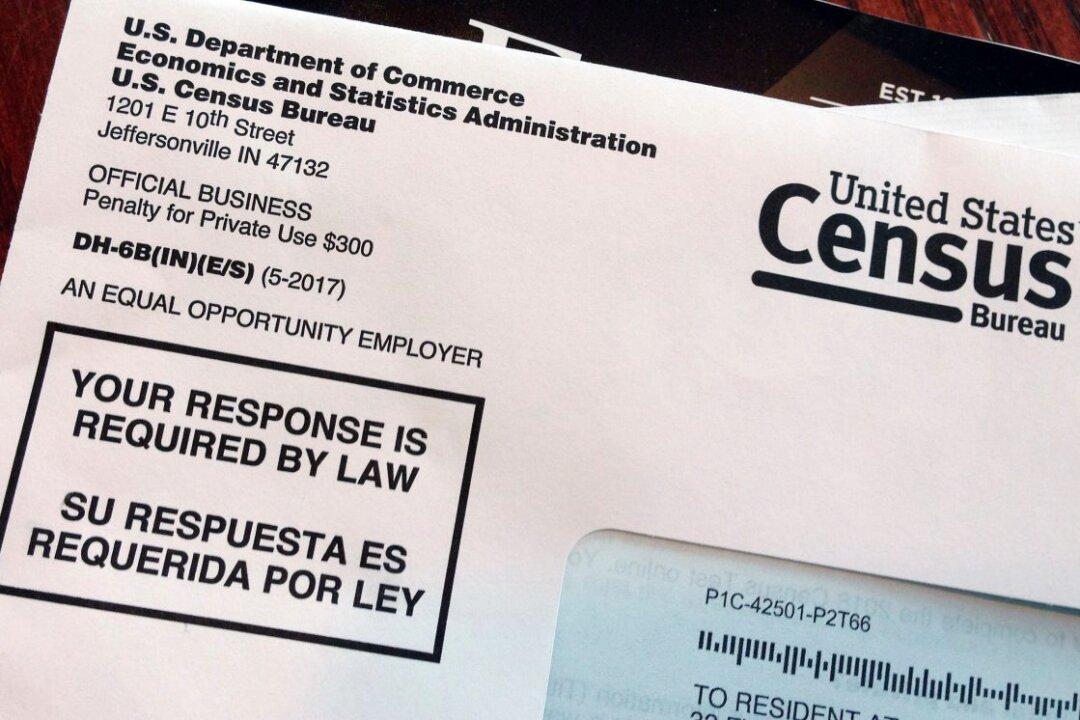The answer on whether Trump administration can ask residents across the country their citizenship status on the 2020 census is expected to be decided by the Supreme Court by the end of June. The question, “Is this person a citizen of the United States?” has not been included in the census since 1950. Since then, citizenship data has been gathered by small samples of households nationwide.
California is known to have the largest number of illegal aliens of any state. According to the Pew Research Center, between 2.4 and 2.5 million illegal immigrants reside in the state, which amounts to more than 6 percent of the population.





